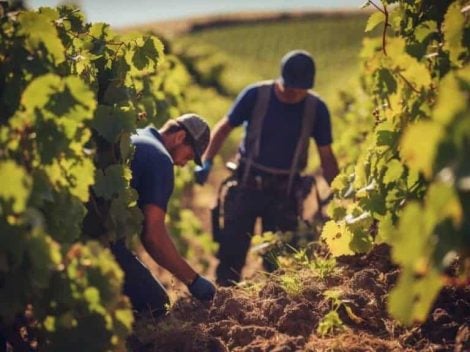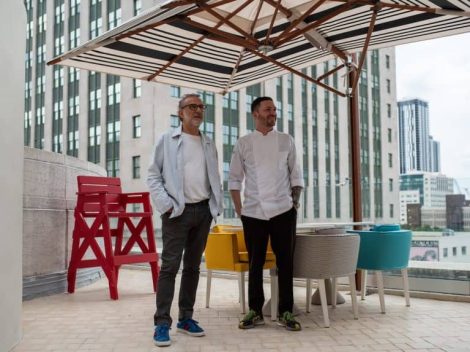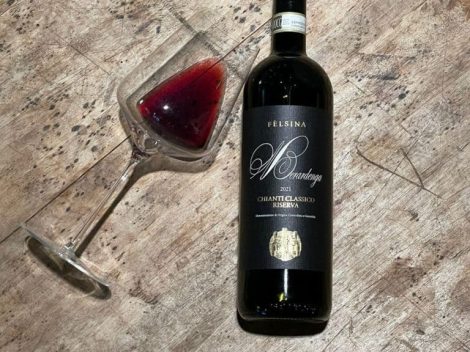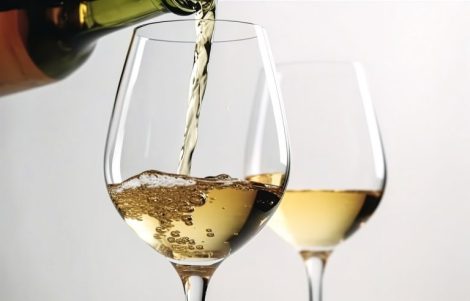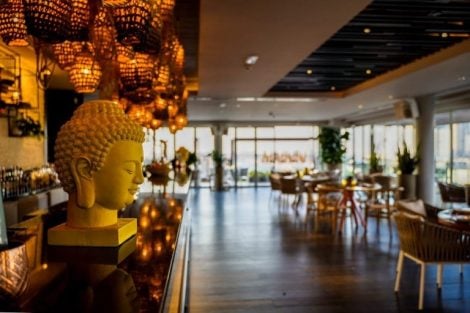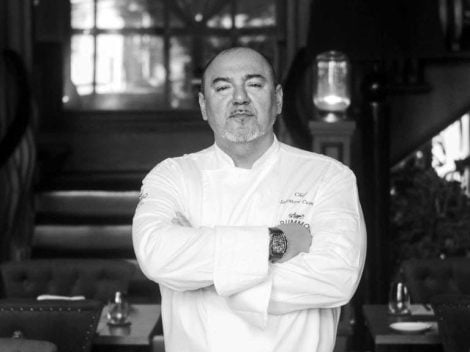by Piero Riccardi
I am a winemaker, and I make natural wines. Lately, I’ve noticed an increase in statements against natural wines.
Enough with the anathemas against natural wine
Frankly, I’ve had enough of all those – oenologists, sommeliers, wine experts, bloggers – who launch anathemas against so-called natural wines, with the main argument being that nature makes vinegar, not wine. Apart from the incomprehensible hostility towards those who make wine as it has been made for millennia, and not as a trend, the first point to make is that nature neither makes wine nor vinegar, because it’s clear that making good vinegar, like making good wine, requires human experience and knowledge. In nature, in the cycle of life, beings are born, grow, reproduce, and eventually decompose. Even in the case of vines, their purpose is to produce fertile seeds, not to make grapes for wine, let alone vinegar. Wine is made by winemakers.
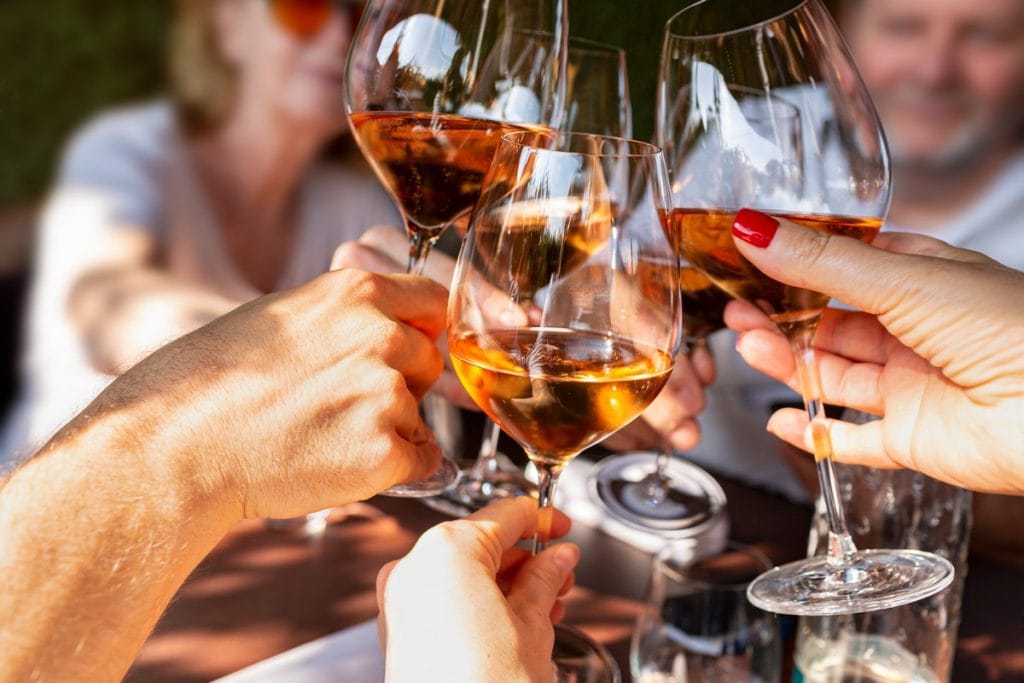
We are winemakers, but we follow the rules
If someone, through incompetence, carelessness, or overconfidence, tries to make wine by crushing grapes and ends up with vinegar, that liquid cannot be sold as wine. By law, if the volatile acidity exceeds 1.2 g/L for reds, the wine is illegal.
But the truth is that wine wouldn’t be what it is today if spontaneous fermentations regularly resulted in vinegar. Could it be that the Greeks and Romans believed they were making sublime wines but were actually drinking vinegar? Poor Dionysus! Not to mention Jesus, who, when he raises the cup at the Last Supper and says, “Drink, this is my blood,” was actually offering vinegar to the apostles. And poor priests who, for centuries, would have had to drink a chalice of vinegar at every Mass.
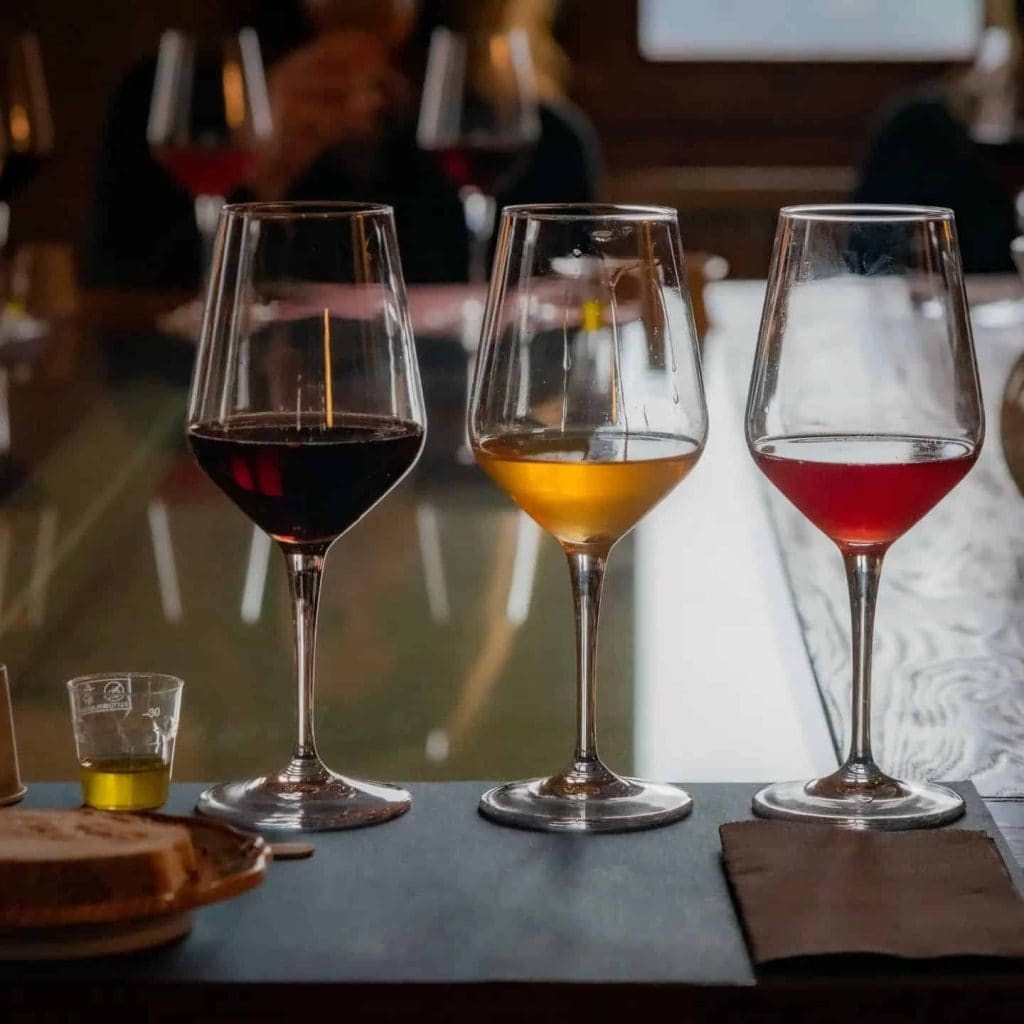
Spontaneous fermentation is not a crime
When we say natural wine, it doesn’t mean that nature made it. It means that the must fermented spontaneously, guided by the winemaker, with knowledge and skill, who didn’t buy yeast from a shop but used the spontaneous yeasts present on their grapes, in their vineyard, and in their cellar. Exactly as it has been done for millennia. As hundreds, thousands of generations of winemakers have done, from Mesopotamia to the Caucasus, from Greece to Rome, from Benedictine monks to our grandparents. Up until the last century. Spontaneous, natural yeasts, just like the natural fermentation that happens today with sourdough bread, regularly sold in bakeries, some beers, and for the bacteria in yogurt, kombucha, kimchi, and spontaneously fermented lactic vegetables and beverages.
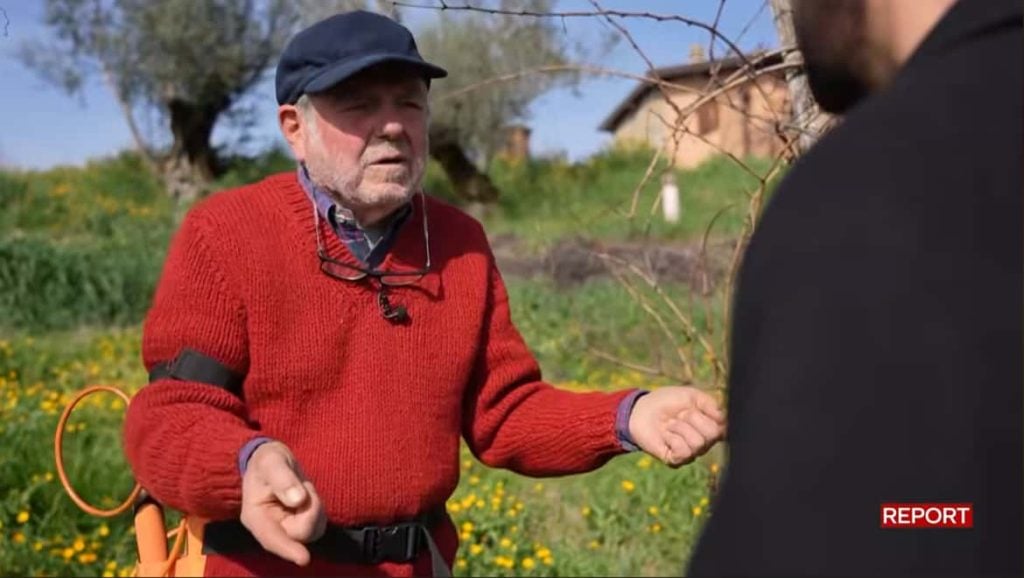
How a natural wine is made
Of course, for spontaneous fermentations of grape must to occur, the vineyard and grapes must be not only healthy in appearance but alive, meaning no synthetic chemical pesticides have been used during cultivation. Systemic pesticides enter the plant’s system, saturating tissues and especially grapes, which then can no longer ferment spontaneously because they are biologically dead, sterilised.
Natural wine arises from a symbiosis between winemaker, soil, vine, grape, and cellar, where the winemaker is part of the network – as Fritjof Capra would say – and not outside of it. The winemaker must know what they are doing, with deep and humble expertise.
The revolution of natural wines starts here, from the rejection of the Aristotelian concept that nature is where there is no human intervention. Therefore, natural wine is not a nostalgic return to the past, at least not for me, a winemaker of 2024. Today, we are learning to understand that humans are nature; we’ve had to acknowledge this due to climate change, accelerated by human activities.
Natural wine does not mean nature makes the wine. It means that the process of turning grapes into wine is a natural one – without the use of external inputs like selected and lab-modified yeasts and bacteria, acidifiers, tannins, ion-exchange filters, fining agents, stabilisers, sterilisers, and so on – where the winemaker is part of a natural process because they know they are nature.
Making a natural wine is much more difficult and complex, requiring significantly greater and more refined skills than making a conventional wine using store-bought yeasts and bacteria. Not to mention the loss of territorial identity. What would my Cesanese from Olevano Romano be if I used a Saccharomyces yeast selected in Burgundy?
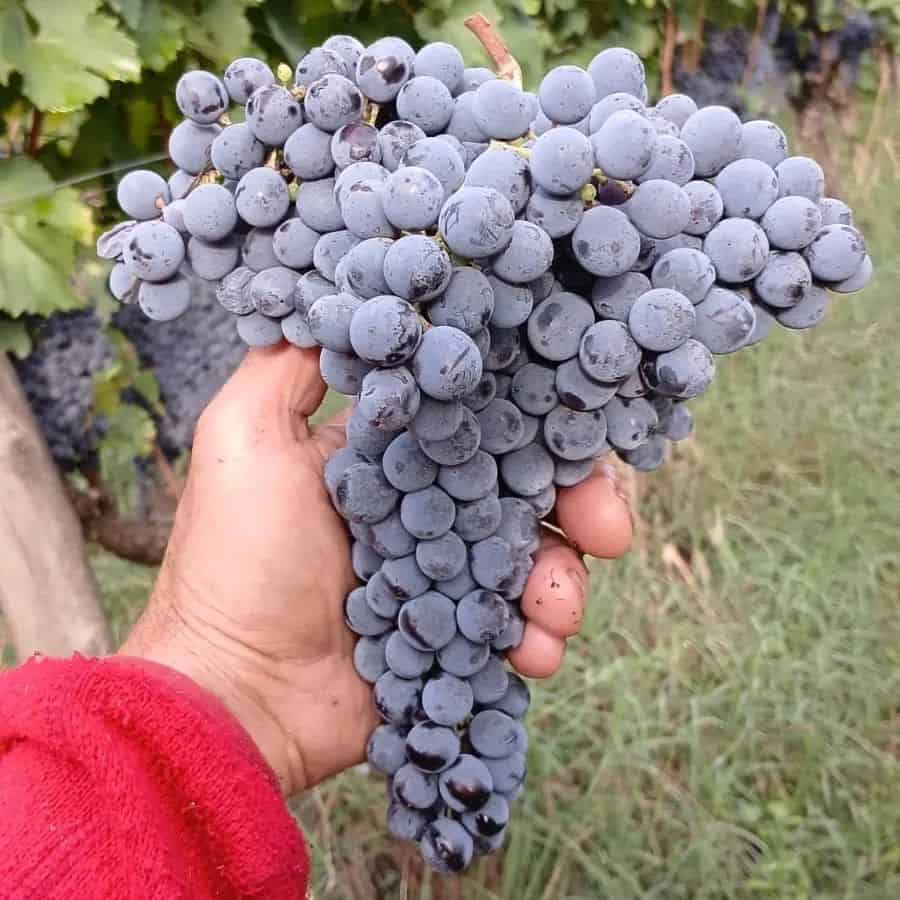
The challenge to oenologists
I would really love for so many oenologists, professors, and professionals who find the time to hurl anathemas against natural wine to try their hand at spontaneous fermentations. They would understand and learn a philosophy of life that is vastly richer – scientifically and emotionally – than their lab protocols. And it would take more skill.
Natural wine does not look to the past; it is not nostalgia. The philosophy of natural wine can help us look to the future. Natural wine can teach us a lot about how to face the future. Conventional wine made with lab yeasts is still tied to the Cartesian concept that humans can and must dominate nature. But nature always wins. Nature can do without humans and will survive even without us.
In a sense, making natural wine also modifies nature, but from within. Rather than dominating, the natural winemaker cooperates in nature’s cycle.
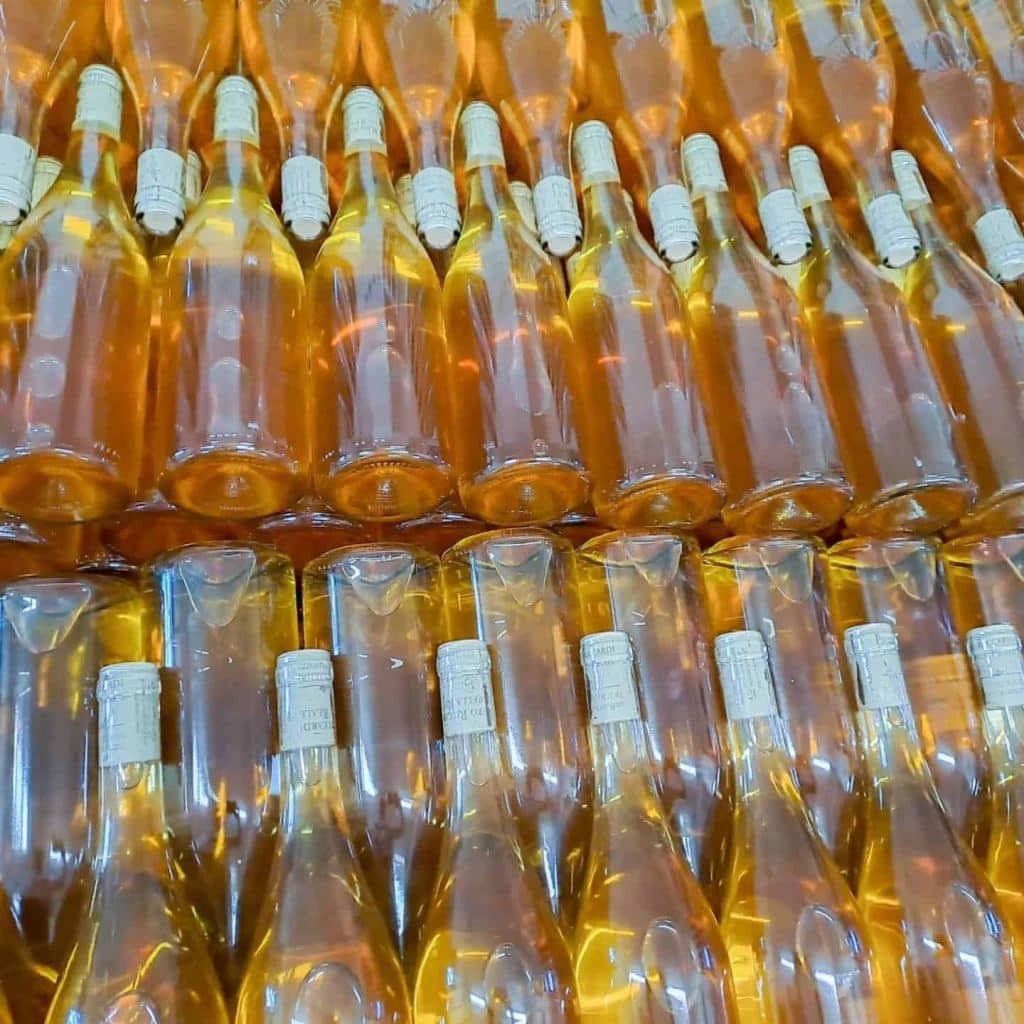
Natural wine and its relationship with science
Making natural wine is not opposed to science; in fact, I believe it contains a genuine scientific spirit, of research and knowledge. I myself try to learn more about the spontaneous fermentation of grape must by studying physics, chemistry, and oenology, experimenting with techniques and methods, and also engaging in natural bread and pizza baking, learning to make kimchi, kombucha, kefir, yogurt, and lacto-fermented vegetable preserves. It’s a fascinating world, full of discovery, and it offers enormous satisfaction. Wine included, fermentations included. Harvest after harvest."
Piero Riccardi, winemaker at Cantine Riccardi Reale - Lazio

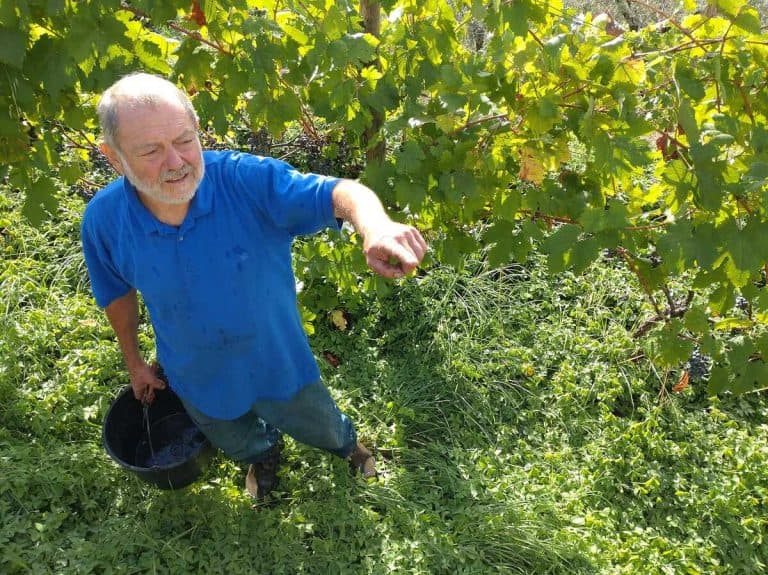
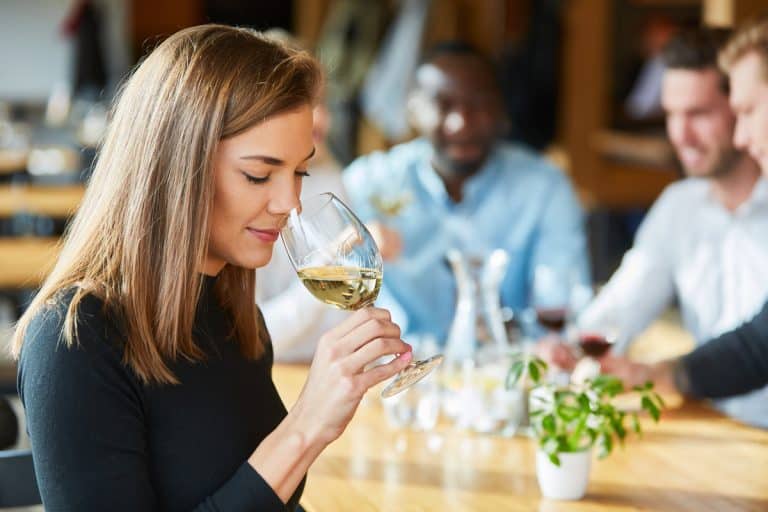 Women are the best sommeliers. Here are the scientific studies
Women are the best sommeliers. Here are the scientific studies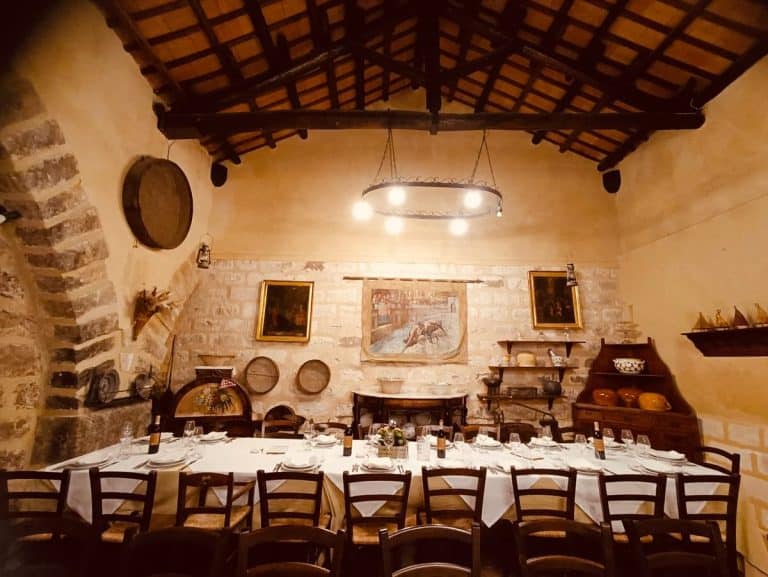 Where to eat at a farm stay in Sicily: the best addresses in the Provinces of Trapani, Palermo, and Agrigento
Where to eat at a farm stay in Sicily: the best addresses in the Provinces of Trapani, Palermo, and Agrigento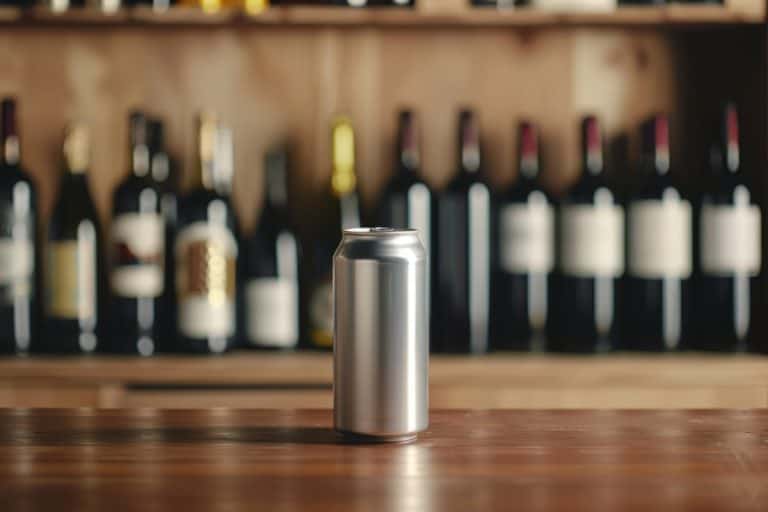 Wine in cans, bottle-fermented, and alcohol free: the unstoppable change in Gen Z’s tastes
Wine in cans, bottle-fermented, and alcohol free: the unstoppable change in Gen Z’s tastes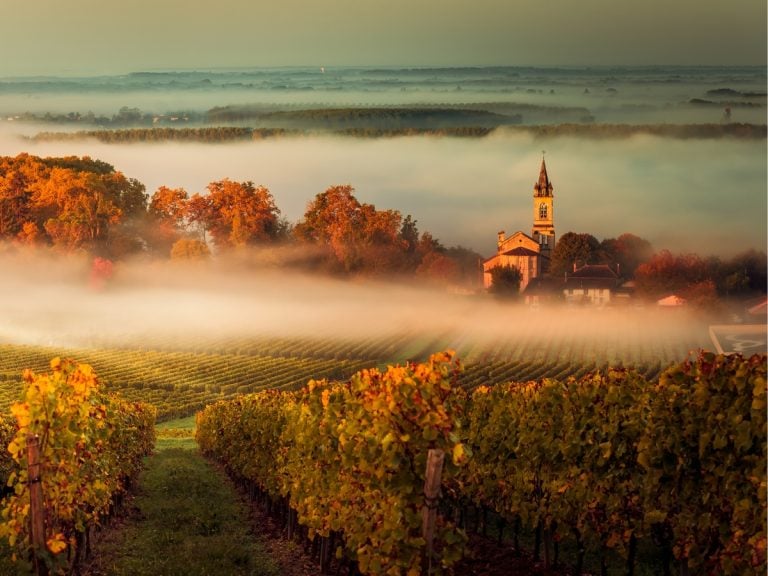 The great Bordeaux exodus of Chinese entrepreneurs: around fifty Châteaux up for sale
The great Bordeaux exodus of Chinese entrepreneurs: around fifty Châteaux up for sale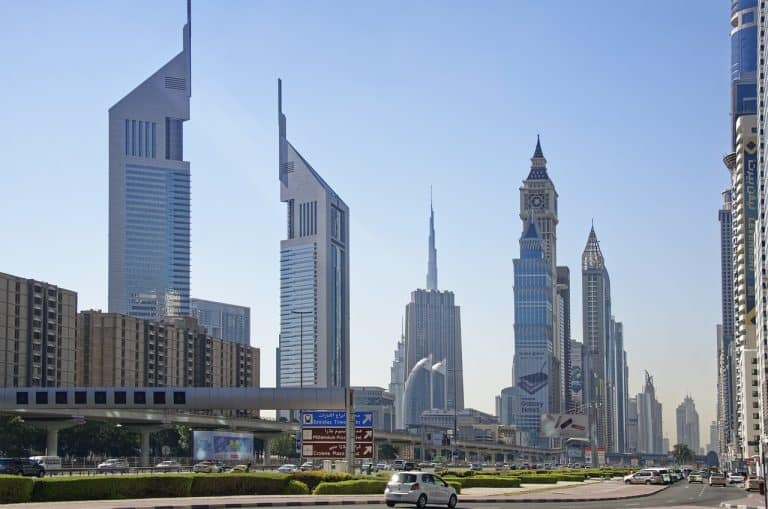 Dubai speaks Italian: a journey through the Emirate's best Italian restaurants
Dubai speaks Italian: a journey through the Emirate's best Italian restaurants